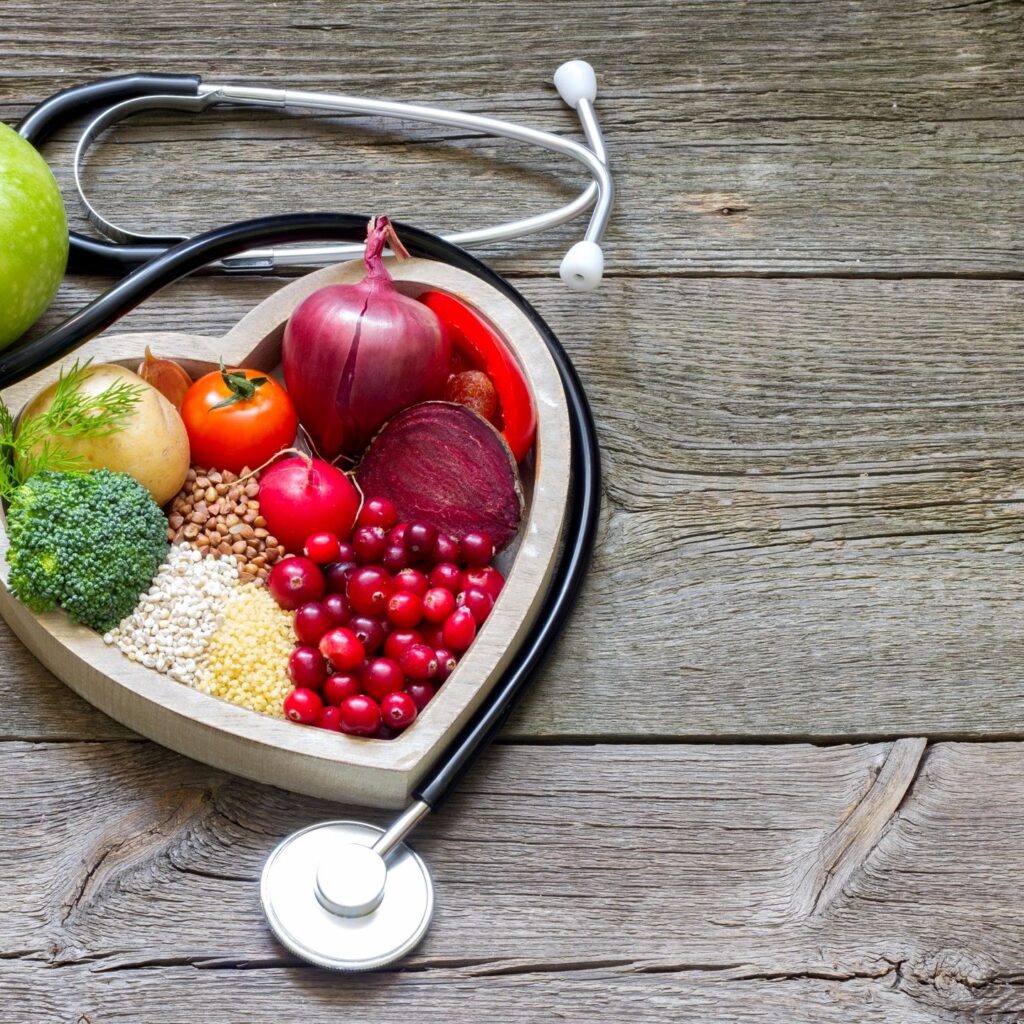
Maintaining a balanced diet is crucial for everyone, but it’s especially important during pregnancy. The right nutrition supports the health and development of the baby while also ensuring the well-being of the mother. Here are some of the healthiest foods to incorporate into your diet during pregnancy.
Spinach, Kale, and Swiss Chard: These leafy greens are packed with essential nutrients such as folate, iron, calcium, and vitamins A, C, and K. Folate, in particular, is vital during the first trimester to prevent neural tube defects in the developing baby.
Broccoli and Brussels Sprouts: Rich in vitamins C, K, and A, as well as fiber and antioxidants, these vegetables support the immune system and promote healthy digestion.
Chicken, Turkey, and Lean Beef: These meats are excellent sources of high-quality protein, iron, and B vitamins, which are necessary for the baby’s growth and the mother’s increased blood volume.
Fish and Seafood: Fish like salmon, sardines, and trout provide omega-3 fatty acids, particularly DHA, which is crucial for the baby’s brain and eye development. However, avoid high-mercury fish such as shark, swordfish, and king mackerel.
Quinoa, Brown Rice, and Oats: Whole grains are rich in fiber, B vitamins, and important minerals like magnesium and iron. They provide sustained energy and help prevent constipation, a common issue during pregnancy.
Whole Wheat Bread and Pasta: These options are more nutrient-dense compared to their refined counterparts and help maintain steady blood sugar levels.
Milk, Yogurt, and Cheese: These are excellent sources of calcium, protein, and vitamin D, all of which are important for the baby’s developing bones and teeth. Greek yogurt is particularly beneficial due to its high protein content and probiotics that support digestive health.
Berries: Strawberries, blueberries, raspberries, and blackberries are packed with vitamins, fiber, and antioxidants. They help boost the immune system and promote healthy skin and tissue growth.
Bananas: Rich in potassium, bananas help maintain fluid balance and can alleviate pregnancy-related leg cramps.
Oranges and Citrus Fruits: High in vitamin C, these fruits enhance iron absorption and support the immune system.
Almonds, Walnuts, and Chia Seeds: These are excellent sources of healthy fats, protein, fiber, and essential minerals. Walnuts and chia seeds, in particular, provide omega-3 fatty acids.
Pumpkin and Sunflower Seeds: Rich in iron, magnesium, zinc, and essential fatty acids, these seeds support overall health and energy levels.
Lentils, Chickpeas, and Beans: These are high in protein, fiber, iron, folate, and calcium. They are particularly important for vegetarian or vegan mothers to ensure they get enough essential nutrients.
Avocado: Avocados are loaded with healthy fats, fiber, folate, and potassium. They help in brain development and maintaining healthy skin and tissues for both mother and baby.
Olive Oil and Coconut Oil: These oils are good sources of healthy fats that support cardiovascular health and provide energy.
Whole Eggs: Eggs are a fantastic source of high-quality protein, choline, and various vitamins and minerals. Choline is particularly important for brain development and preventing neural tube defects.
Water: Staying hydrated is crucial during pregnancy. Adequate water intake helps maintain amniotic fluid levels, supports digestion, and reduces the risk of urinary tract infections.
Herbal Teas: Some herbal teas, like ginger tea, can help alleviate morning sickness, while others, such as raspberry leaf tea, are believed to support labor preparation. However, always consult with a healthcare provider before trying any herbal teas.
While focusing on healthy foods, it’s equally important to avoid certain foods that could be harmful during pregnancy:
High-mercury fish: Such as shark, swordfish, and king mackerel.
Raw or undercooked seafood, eggs, and meat: To prevent foodborne illnesses.
Unpasteurized dairy products: To avoid listeria infections.
Processed and junk foods: High in unhealthy fats, sugars, and additives, which offer little nutritional value and can lead to excessive weight gain and other complications.
A balanced diet rich in nutrients is essential for a healthy pregnancy. By incorporating a variety of wholesome foods, expectant mothers can support their own health and provide the best possible environment for their developing baby. Always consult with a healthcare provider or a registered dietitian to create a personalized nutrition plan that meets your specific needs during pregnancy.
Comments are closed